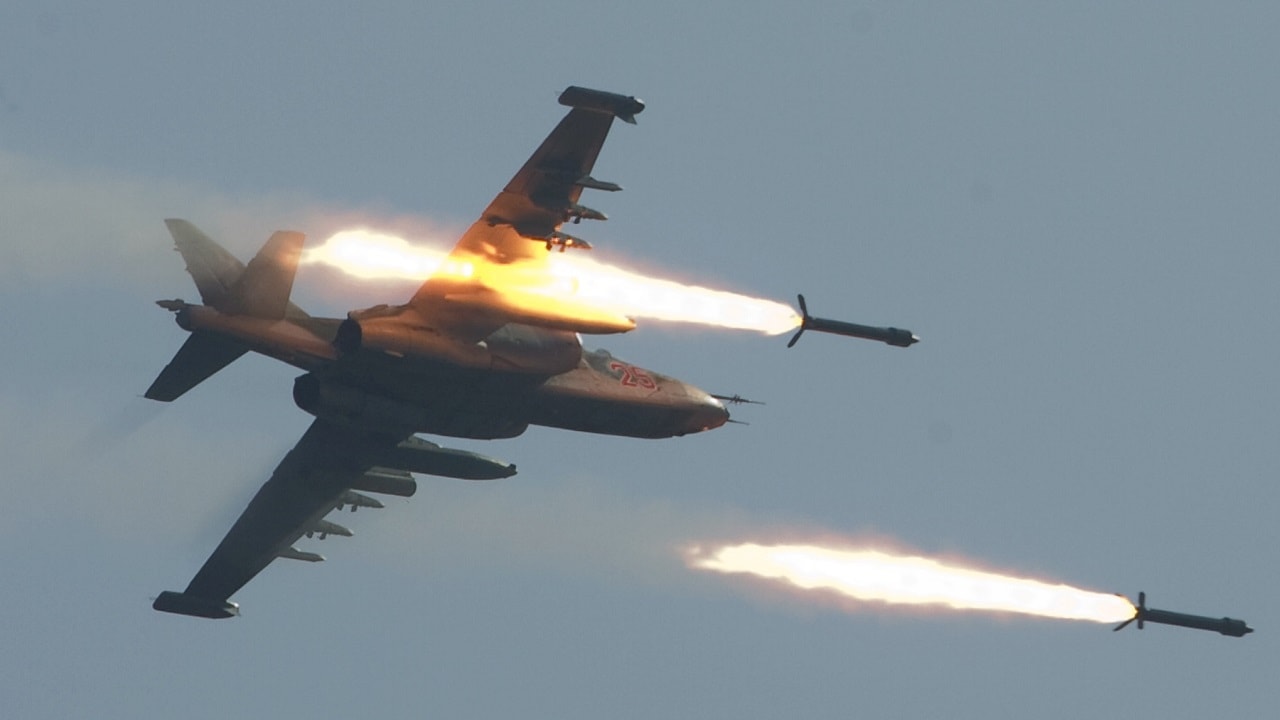Arab League members agreed to readmit Syria, reversing the decision to expel the Assad regime from membership more than 12 years ago.
This week’s announcement is a turning point for Damascus, which has been iced out from the larger international community for its brutal human rights violations and its contributions to the Syrian civil war. Syria was readmitted to the Middle East group during an emergency meeting in Cairo. While many of the 22 Arab nations that make up the League expressed their continued disdain for the Assad regime, they said they remain committed to resolving the Syrian crisis.
America and the United Kingdom have criticized the recent move, which gives the Assad regime more legitimacy in the region. The UK’s Secretary for State, Foreign, Commonwealth, and Development Affairs declared that the UK remains opposed to engaging with the Assad regime as it continues to “detain, torture and kill innocent Syrians.” A Saudi political scientist told the Associated Press that the League is not seeking any “magical solutions,” but understands that the status quo in the country is untenable.
Syria’s readmittance to the Arab League signifies a waning American role in the country, as well as a regional realignment. However, the move does not mean the Syrian civil war is over. Indeed, the conflict continues to plague the country as it has for nearly 13 years. The Assad regime is backed by Russia and Iran, two rogue allies that band together to oppose American hegemony in the region. This news also follows closely behind the announcement that Beijing has mediated a truce between Saudi Arabia and Iran.
An Overview of the Syrian Civil War
When Syrian President Bashar al Assad succeeded his father in the early 2000s, domestic turmoil grew. Civilians, frustrated with their lack of political freedoms and with the country’s worsening economy, took to the streets to protest the rampant corruption spearheaded by their newest leader. By 2011, demonstrations in Syria erupted as part of the wider Arab Spring movement. While these pro-democracy and anti-Assad protests were peaceful in nature, the president brutally cracked down on demonstrators. Assad’s army gunned down unarmed civilians in the streets, tortured unjustly detained prisoners, and ultimately cut off civilians’ access to basic necessities like food, water, and medicine.
Foreign Actors Join the War Effort
This evil behavior ignited a full-scale war between the Assad government and anti-government rebel groups. Foreign actors joined the conflict, providing monetary aid, weaponry, and even fighters. The U.S.,Turkey, Saudi Arabia, and others backed Syria’s rebel groups, while Iran and Russia supported the Assad regime. As summed up by the Council on Foreign Relations, “Three campaigns drive the conflict: coalition efforts to defeat the Islamic State, violence between the Syrian government and opposition forces, and military operations against Syrian Kurds by Turkish forces.” Over time, the rebels’ progress dwindled alongside the emergence of competing anti-government militias and the Assad regime’s unwavering position in power.
Non-state actors exploited the power vacuum formed by the domestic chaos in Syria. By 2013, the Islamic State in Iraq and Syria began seizing territory in Syria. Over the next two years, ISIS carried out various terror attacks across Europe, pushing the U.S., the UK, France, and other nations to carry out an extensive air campaign in both Iraq and Syria.
The Human Toll
In 2022, the United Nations Human Rights Office estimated that more than 300,000 civilians perished in the first 10 years of the civil war, including at least 27,000 children. While these numbers are staggering, the former UN Commissioner for Human Rights noted that the figures “do not include the many, many more civilians who died due to the loss of access to healthcare, to food, to clean water and other essential human rights.”
What Has Changed?
ISIS no longer holds physical territory in Syria. However, sleeper cells remain active, and the terror group continues to carry out attacks targeting civilians in the country. Although the U.S. and other Western nations have minimized their involvement in Syria, they have indicated that international sanctions won’t be lifted on Damascus until the Assad regime supports free and fair elections, along with other conditions. Syria’s readmittance to the Arab League does serve as a turning point for the Assad family, but it doesn’t necessarily mean its Arab neighbors will embrace the regime with open arms.
Maya Carlin, a Senior Editor for 19FortyFive, is an analyst with the Center for Security Policy and a former Anna Sobol Levy Fellow at IDC Herzliya in Israel. She has by-lines in many publications, including The National Interest, Jerusalem Post, and Times of Israel. You can follow her on Twitter: @MayaCarlin.

